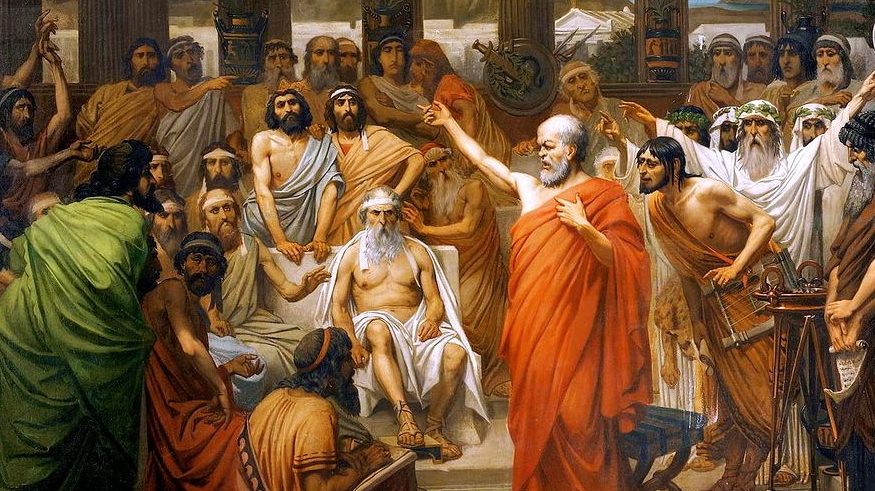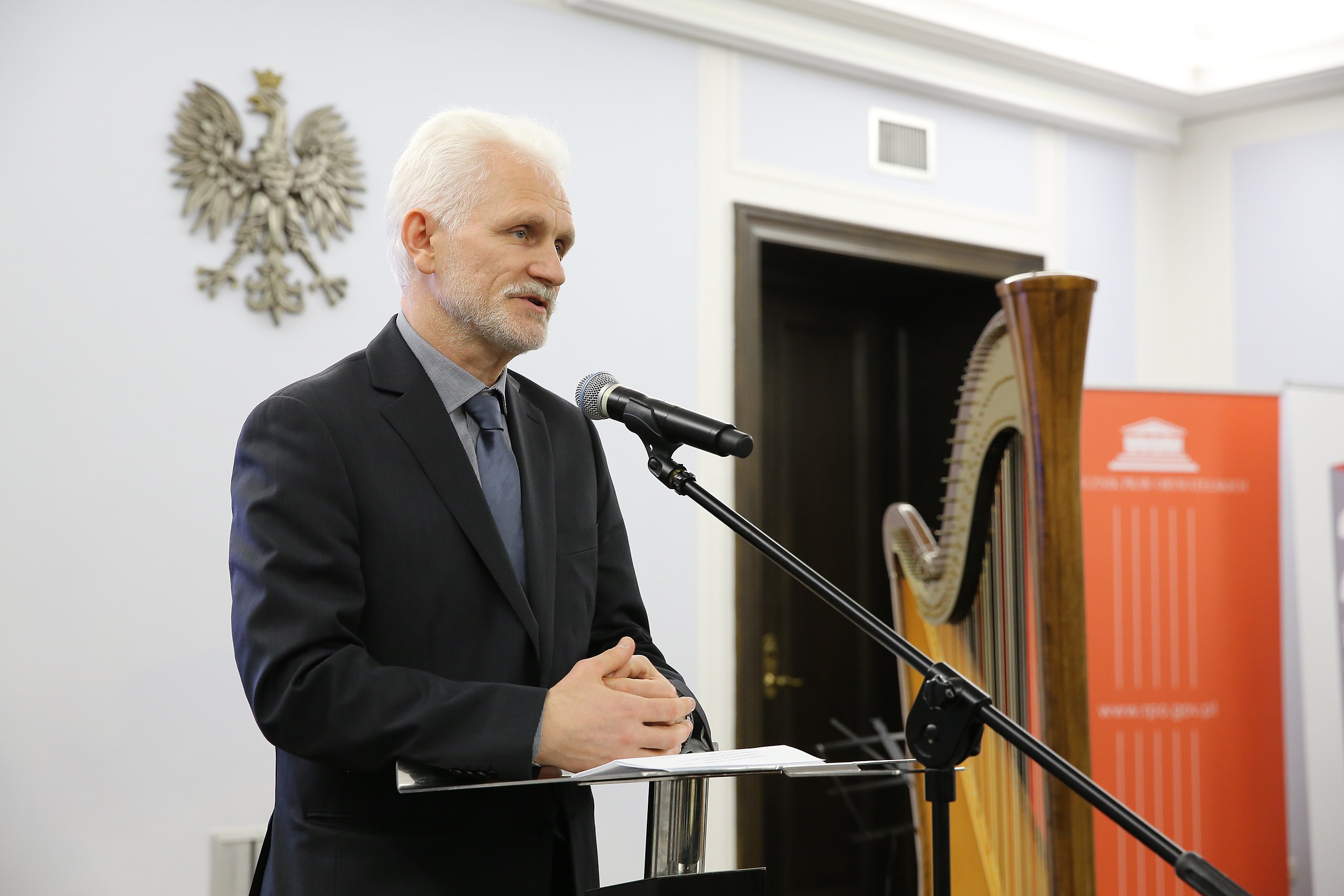Do Women Make Better Leaders?

What’s the Big Idea?
While over 70 percent of women in the United States work outside of the home, compared with 36 percent in Brazil, and while US women marry, on average, a decade older than women in Latin America, the United States has never had a female president. Latin American countries, by contrast, have had five, beginning with Isabel Peron* in 1974. What’s going on here?
Mercedes Rosalba Aráoz Fernández is a Peruvian economist, professor, and politician, who served as who has served as Peru’s minister of Foreign Commerce and Tourism, and as its Finance minister. In her opinion, there’s a widespread belief among corruption-weary Latin Americans that women leaders are less corruptible than their male counterparts. Of course, says Fernández – and as any good student of Evita knows – this isn’t always the case.
But Fernández has observed that women leaders, herself included, tend to collaborate more openly and distribute power more liberally than males do. The not-very-surprising result, she says, is a more contented workforce or constituency, and better outcomes.
What’s the Significance?
Fernández cites the example of the campaign she managed as Minister of Tourism for Macchu Picchu’s inclusion among the seven wonders of the world. The government couldn’t afford a huge publicity campaign to promote the vote. By appearing personally at schools, on tv shows, and at public events across the country, Fernández ignited a popular movement, turning the campaign into a national crusade.
Barack Obama’s 2008 presidential campaign’s resounding success was in large part a result of a similarly grass roots, collaborative approach. Not only did the campaign’s online microfinancing platform create the sense that anyone could own a piece of the “movement” – supporters were actually encouraged to organize mini-rallies at their homes and become splinter cells of the campaign office.
Whether or not collaboration and distribution of power are typically feminine leadership traits, they’re a wise approach in the era of social media, when cellphones empower the people to organize and respond to public events in real time and on a massive scale. What’s more, transparency and crowdsourcing – as opposed to shadowy autocracy – are likely to produce more stable, successful, and long-lasting organizations.
Follow Jason Gots (@jgots) on Twitter
Image credit: Shutterstock.com
* Originally, erroneously read “Eva ‘Evita’ Peron,” who actually died in 1952 and served as First Lady, not president of Argentina. Thanks to reader Eric for the correction.





